Podcast





Copenhagen Business School
Radiant
“Oplev Salg” (experience sales) is a podcast about professional sales. Produced and hosted by Radiant & Copenhagen Business School.
We are on a mission to challenge outdated perceptions about sales as a profession. Experiences and knowledge shared by entrepreneurs, CEOs, sales pros and professors.
All episodes
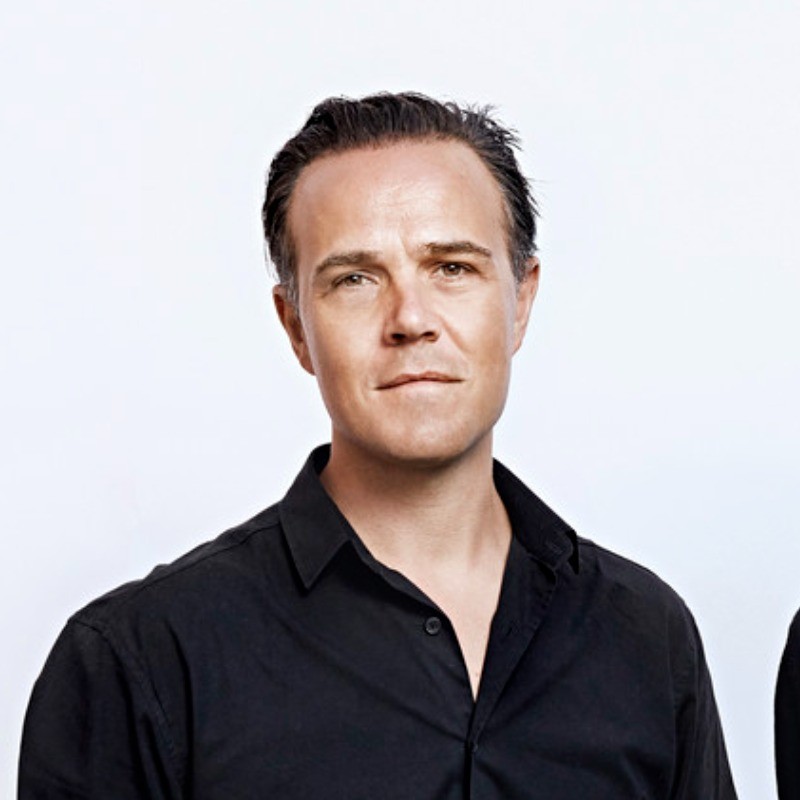
Alt det du ikke vidste om dine kunder – ved du nu
Jakob Benediktson
Co-founder & CEO, LassoX
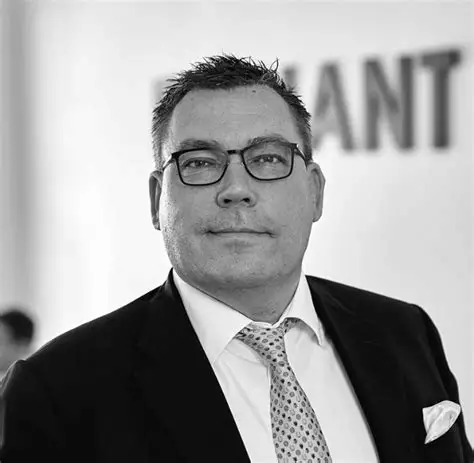
Fyringer og forfremmelser er uundgåeligt i en salgskarriere
Anders Pedersen
CCO, Worklinq

Holistic Selling in B2B sales
Michel van der Borgh & Selma Kadic-Maglajlic
CBS, Department of Marketing
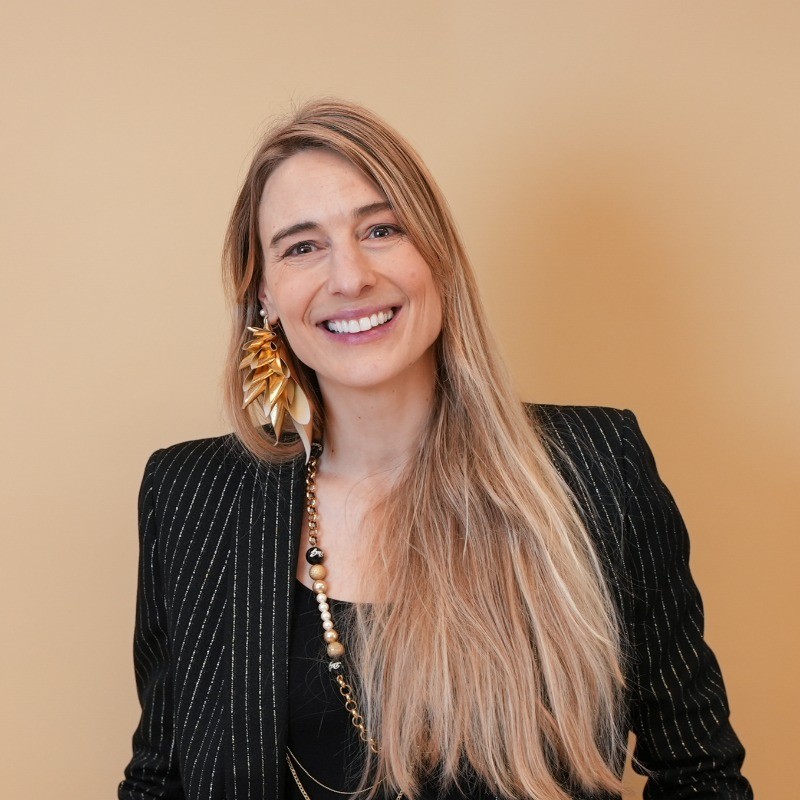
Internationalt B2B-salg
Mie Eimkvist
VP of Sales & Customer Success, Queue-it
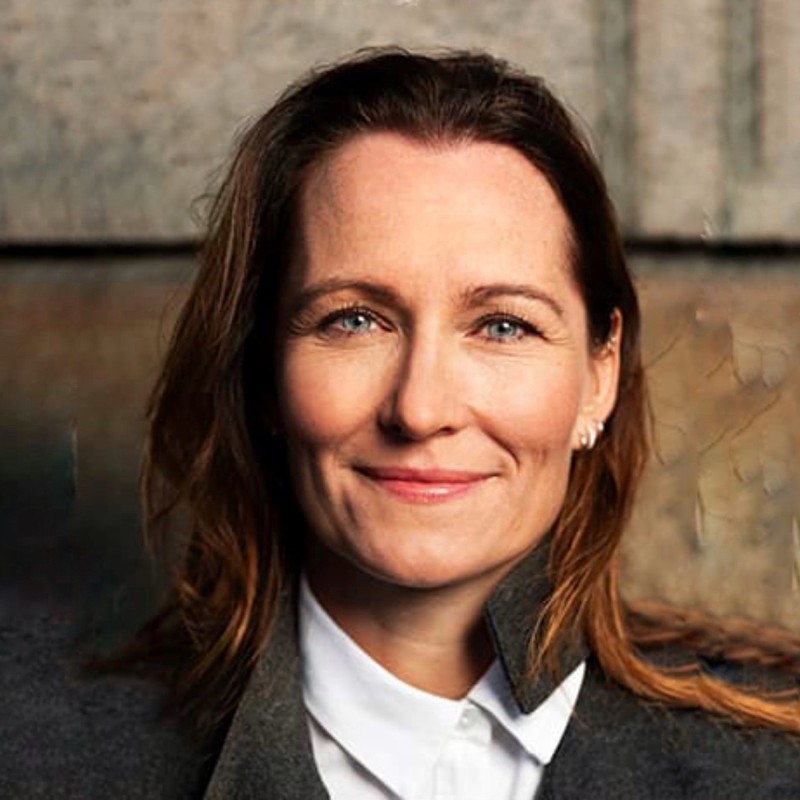
Investering og salg – med Louise Herping Ellegaard
Louise Herping Ellegaard
Investor & iværksætter
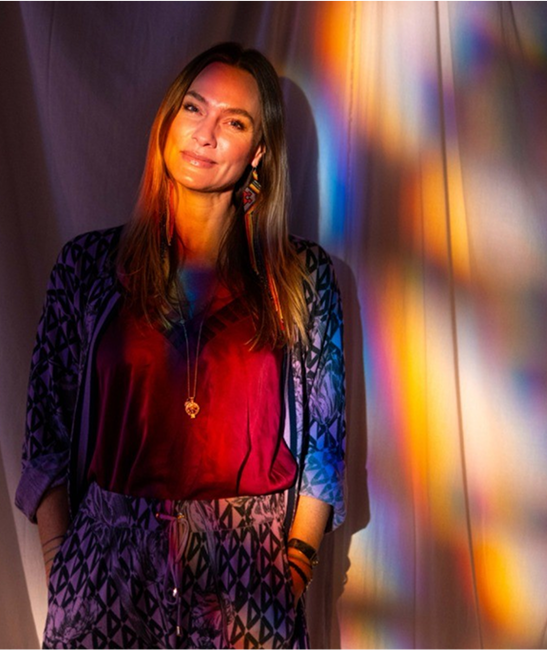
Mindfulness til high-performance salg med Pernille Lotus
Pernille Lotus
Founder & CEO, Beyond Breath
.jpg)
Ny i salgsledelse med Frederik Wørzner
Frederik Wørzner
Team Leader, Radiant

Når salg ikke går som forventet
Joakim Bruchmann
CEO & Co-Founder, Pluto.markets

Outbound salg i 2026: IO 26 & Call Screening
Brian Pedersen
CSO i Adversus

Performancekultur i salg
Christian Højbo
CEO & Co-founder, Zoios
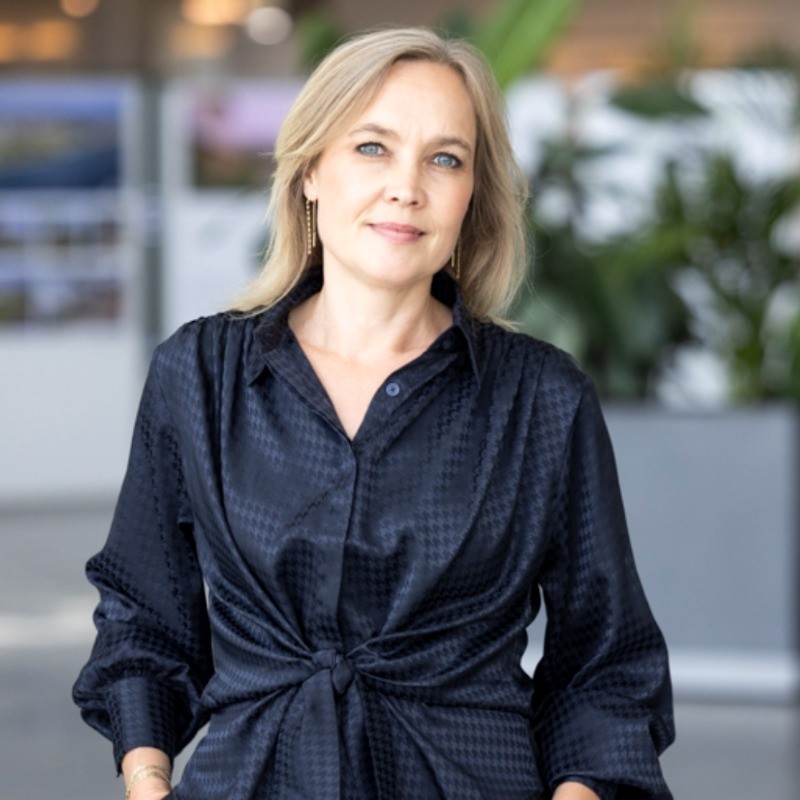
Rådgiverbranchens muligheder med AI, den grønne omstilling og arbejdsmarkedet
Louise Riisgaard
Director of Impact, Projects & Portfolio, Novo Nordisk Foundation

Salg i medgang og modgang
Søren Holmgren
Coach, Forfatter & Ledelseskonsulent
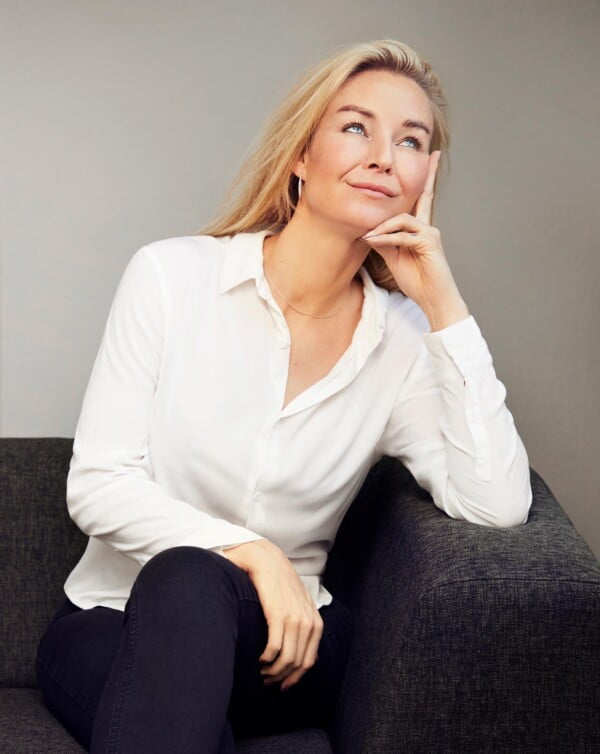
Salg og branding
Mette Hejl
CEO & Partner, Pravda Home of Business Brands
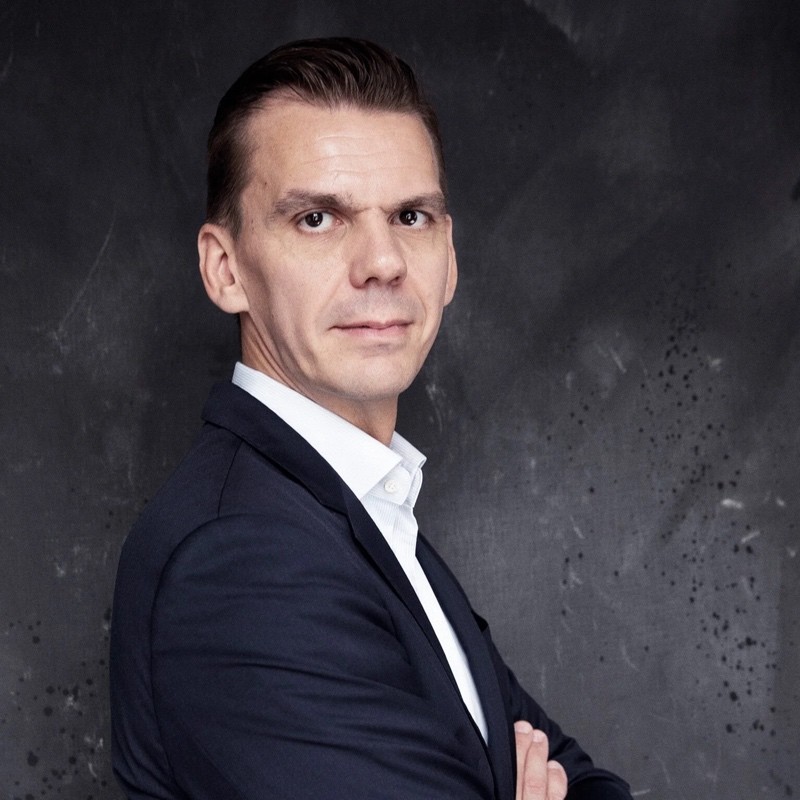
Salg og kapitalfonde
Henrik Normann
Partner, Capidea
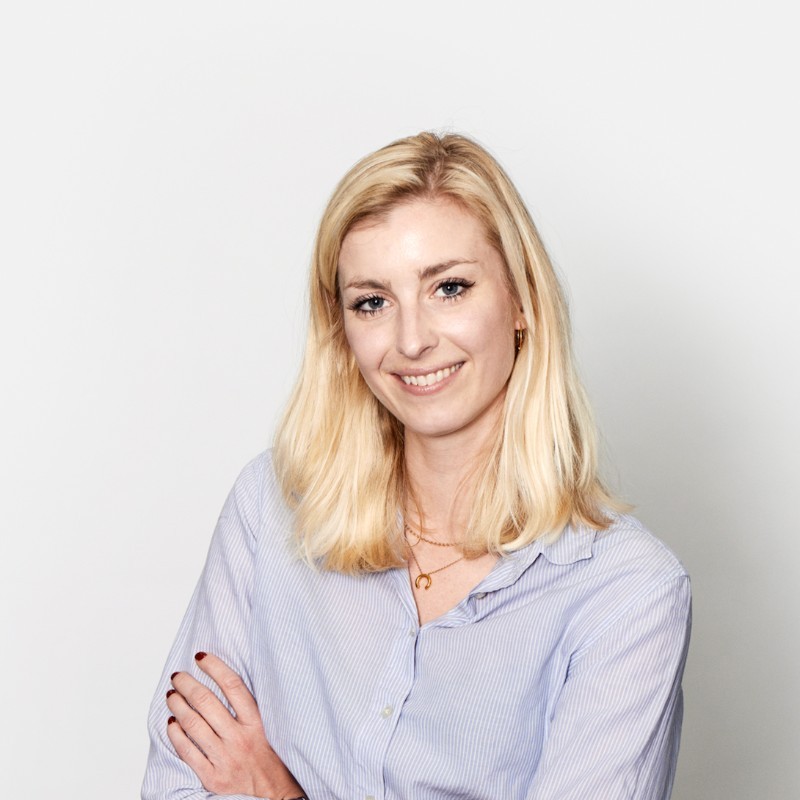
Salg og markedsdisruption med Camilla Frøsig
Camilla Frøsig
Head of Banking Services, Lunar
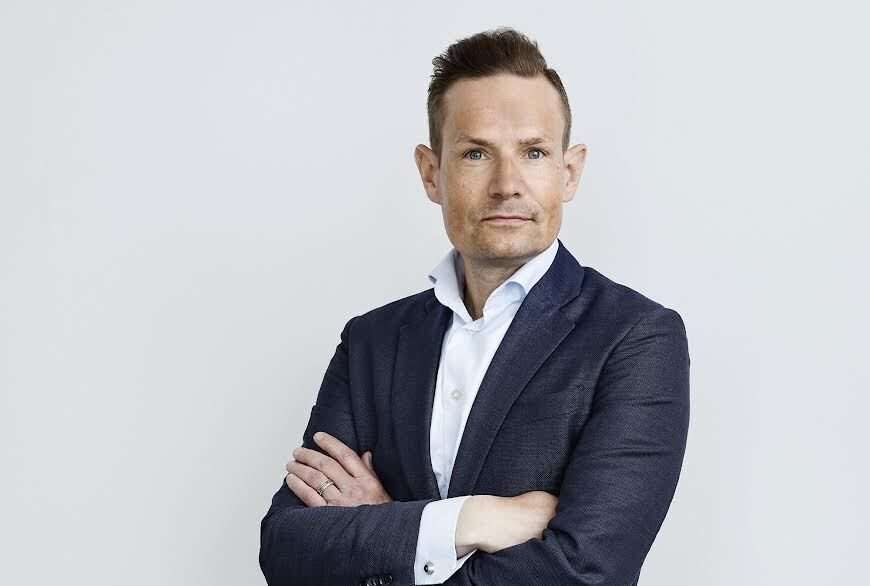
Salg som grundkernen i forretningssucces
Laurits Bach Sørensen
Senior Partner, Nordic Alpha Partners

The only actual Professor in Sales in Denmark about sales stigma
Michel van der Borg
Professor, Department of Marketing, CBS
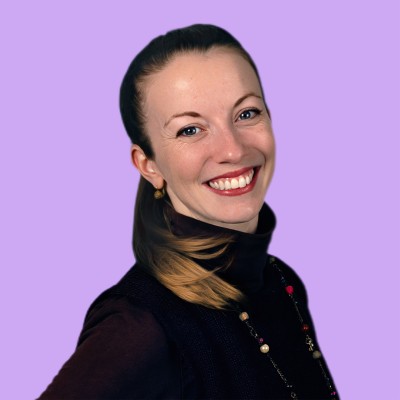
Women in Sales – How do we build a more diverse environment?
Marie-Claire Silfer
Head of Community Management, SaaSiest & Founder of Saleswoman Unite
